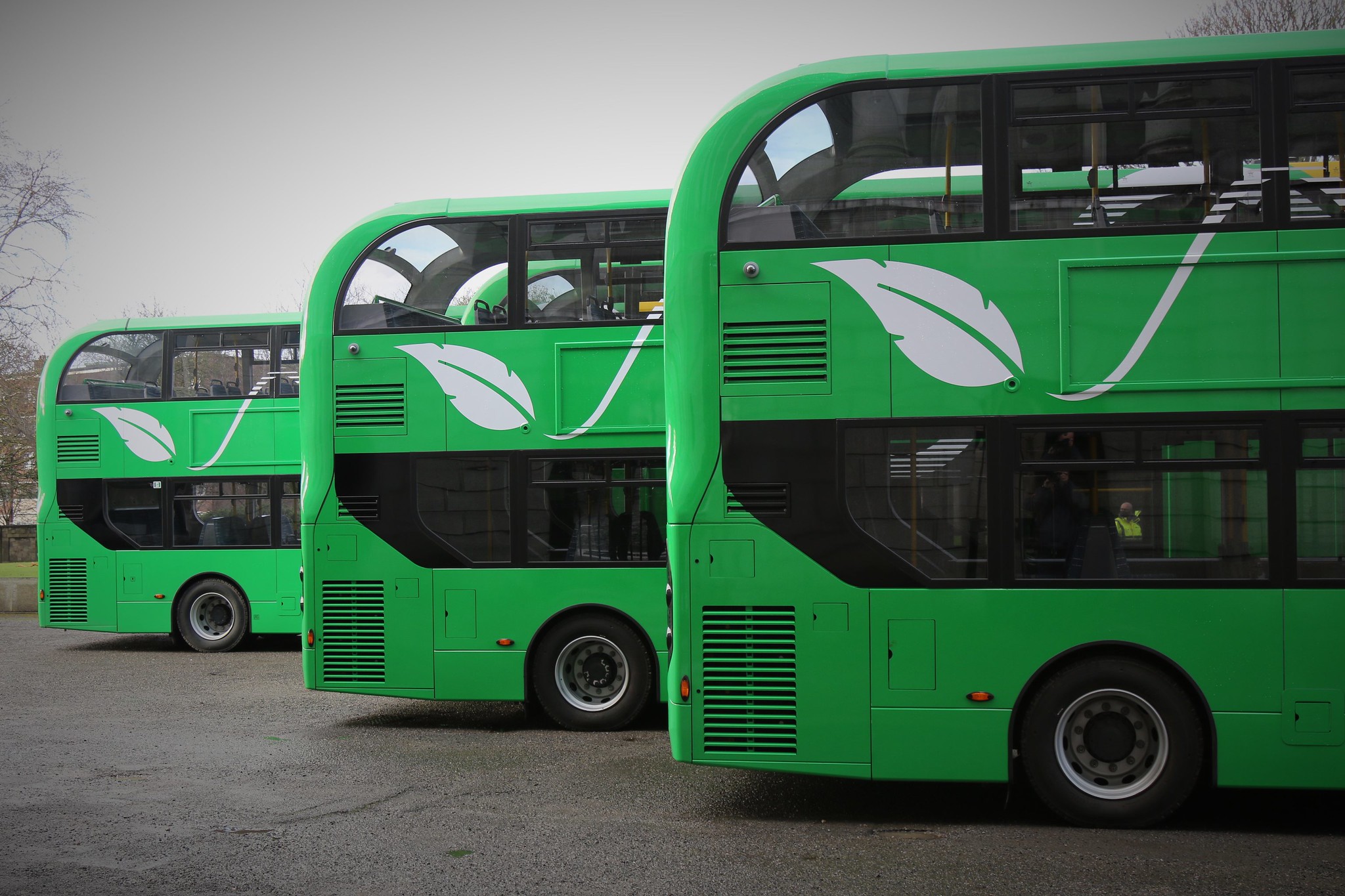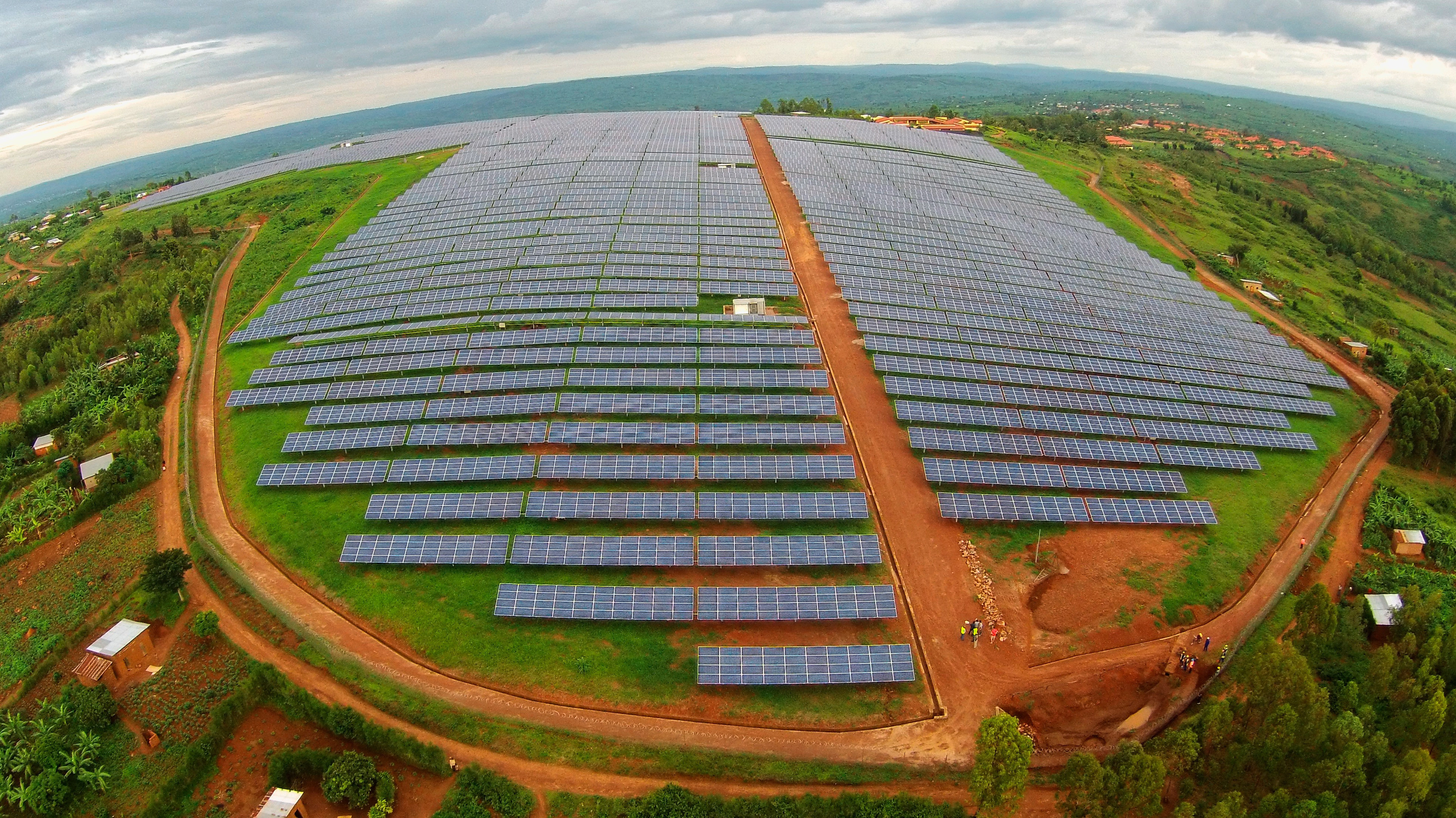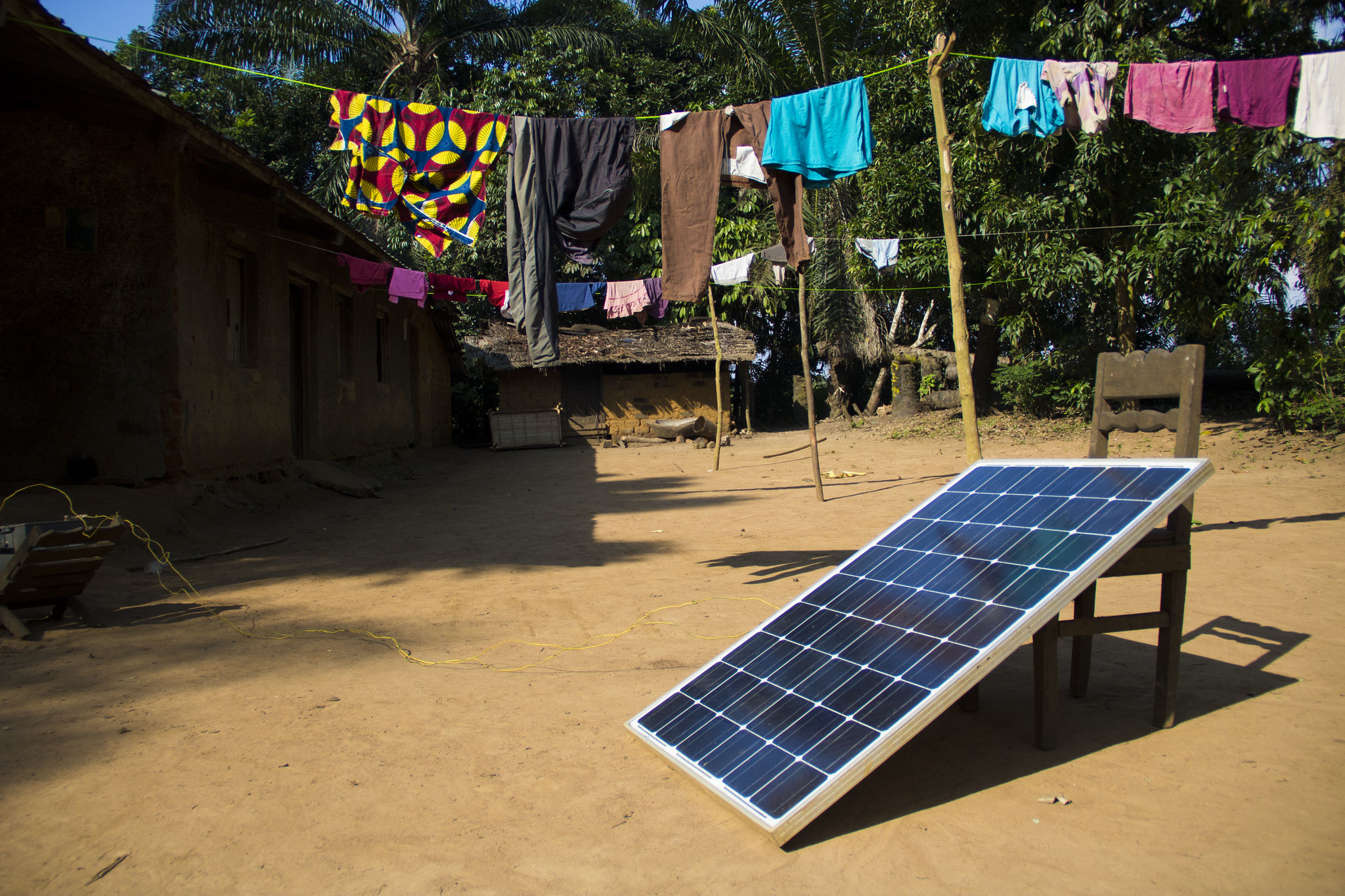Smart cities utilise information and communication technologies to enhance operational efficiency, government services, and citizens’ well-being. These tools can help African cities meet their immense potential and provide hope for their residents, writes Bankolay Theodore Turay.
Freetown, Sierra Leone’s capital, faces numerous sustainability and development challenges. Over half of its population live in slums where they are vulnerable to flooding and disease. New smart city and urban development technologies and practices have recently emerged that could help provide solutions to such issues, but the reasons why they are needed are also holding back their implementation.
The case of Freetown
Sierra Leone’s oldest city, Freetown, has been a centre of intellectual success since 1787. Despite its small population and land area, the city is Sierra Leone’s economic engine, contributing 30 per cent of the country’s GDP. However, it faces numerous obstacles, including a lack of skilled workers, uncontrolled urban growth, and inadequate disaster management capacity. Recent infections, landslides, and floods have highlighted the need for action to address environmental and public hazards in this low-income city.
The Transform Freetown initiative, launched by the Freetown City Council in 2019, specifically focuses on resilience, human development, healthy cities, and urban mobility. The program aims to reduce global warming and climate change’s negative impacts, closely linked to the Sustainable Development Goals.
This approach is being replicated across the country. In 2018 Sierra Leone’s government launched its smart city initiative. As part of the programme, the government created the Science, Technology and Innovation Directorate to expand data collection techniques to include government budgets, water access, and healthcare. The Directorate collaborated with Kiva Microfunds, a US-based microcredit organisation that supports the expansion of financial access to underserved communities, to create a digital micro-credit platform for consumers and business owners integrating a smart city approach. Other similar partnerships include the implementation of portable DNA sequencers for law enforcement and drones for delivering medicines and emergency supplies.
Smart cities and urban planning
The United Nations Development Programmes acknowledges the importance of local governments in implementing smart cities agendas. The role of local governments is to develop smart city initiatives that integrate locally lived realities of cities in Africa into the use of the technologies.
The integration of smart city policies into the Freetown City Council’s local development strategy and SDG implementation has improved community ownership, fair growth, and transparency. This has been achieved through community engagement, local involvement of stakeholders, and partnerships with local private sector representatives.
While there have been some notable successes, African cities such as Freetown, struggle to adopt smart city practices due to their fragile nature. Factors including high unemployment rate, rapid urban growth, climate risks, income inequality and a lack of access to basic services make any development infrastructure harder to implement. But the opportunities go beyond simply increasing the use of technology. National strategies that put cities and citizen engagement at the forefront of implementing sustainable and forward-thinking approaches foster innovation and economic growth creating spillover benefits that go beyond the delivery of municipal services.
Challenges
To create a smart city, councils must build human resource capacity, improve vocational training, and ensure reliable logistics. They also need to mobilise national resources and effectively use public resources for smart city implementation.
Development funds are not being effectively utilised in African cities due to a lack of coordination between national and local governments on smart city issues. National and local governments lack research capacity and institutional, financial, and technological resources so collaboration with civil society organisations, research and advocacy groups, and donor agencies is necessary for a context-specific smart city strategy.
Smart city methods should focus on building cities based on local characteristics and needs, aligning with the SDGs’ sustainable cities targets. African cities should view SDGs as investments in their future, utilising a mix of economic, political, and technical elements to boost economic growth and create resilience. This approach can lead to sustainable growth in African cities.
Photo credit: UrbanShift used with permission CC BY 2.0 DEED





